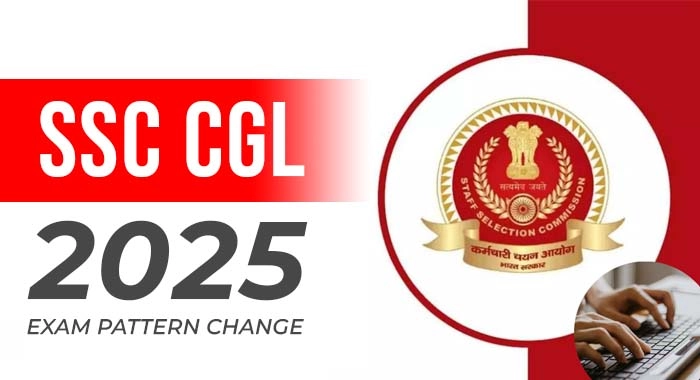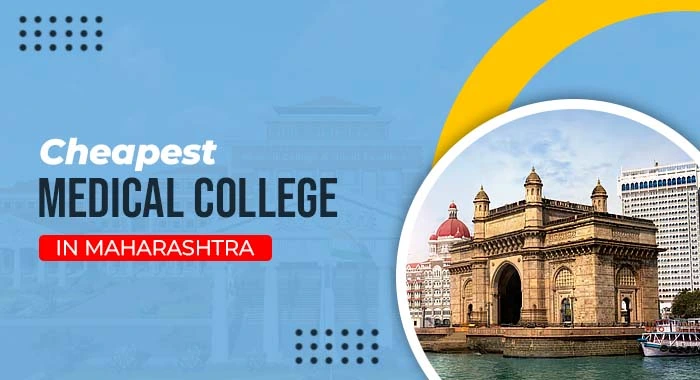The total number of medical learning institutions in India exceeds 740 as they provide MBBS and BDS courses alongside pharmacy education and additional medical study programs. Thirty government-run medical institutions operate alongside at least ten facilities that belong to private ownership. The medical admission entrance test starts with NEET UG and also includes Haryana NEET, INI CET, and KEAM exams.
Table of Contents
Some prestigious medical institutions are CMC and MS Ramaiah Medical College together with SMS Medical College because they excel in academic standards and possess outstanding research facilities and infrastructure. Students choose government medical colleges over other options because they have regulated fees and provide excellent education within modern facilities. The medical institutions work as fundamental training centers that prepare medical students for academic success and professional success.
Top 20 medical Colleges in India
The National Institutional Ranking Framework (NIRF) has officially released the updated list of the top 20 medical colleges in India.
| Rank | College | Location | Type |
| 1. | All India Institute Of Medical Science (AIIMS) | New Delhi | Government |
| 2. | Postgraduate Institute of Medical Education and Research (PGIMER) | Chandigarh | Government |
| 3. | Christian Medical College (CMC) | Vellore, Tamil Nadu | Private |
| 4. | National Institute of Mental Health and Neurosciences (NIMHANS) | Bengaluru | Government |
| 5. | Sanjay Gandhi Postgraduate Institute of Medical Sciences (SGPGIMS) | Lucknow | Government |
| 6. | Banaras Hindu University (IMS-BHU) | Varanasi | Government |
| 7. | Jawaharlal Institute of Postgraduate Medical Education and Research (JIPMER) | Pondicherry | Government |
| 8. | Kasturba Medical College (KMC) | Manipal | Private |
| 9. | King George’s Medical University (KGMU) | Lucknow | Government |
| 10. | Madras Medical College | Chennai | Government |
| 11. | St. John’s Medical College | Bengaluru | Private |
| 12. | Institute of Medical Sciences, BHU | varanasi | Government |
| 13. | Vardhman Mahavir Medical College (VMMC) & Safdarjung Hospital | New Delhi | Government |
| 14. | Amrita Institute of Medical Sciences | Kochi | Private |
| 15. | Sri Ramachandra Institute of Higher Education and Research | Chennai | Private |
| 16. | Maulana Azad Medical College (MAMC) | New Delhi | Government |
| 17. | Armed Forces Medical College (AFMC) | Pune | Government |
| 18. | MS Ramaiah Medical College | Bengaluru | Private |
| 19. | Government Medical College and Hospital (GMCH) | Chandigarh | Government |
| 20. | SMS Medical College | Jaipur | Government |
Eligibility Criteria to Get Into These Colleges
- NEET-UG score is mandatory
- Minimum 50% marks in Physics, Chemistry, and Biology in Class 12
- State domicile rules apply to some colleges
- Some colleges, like AFMC & CMC may have extra rounds like interviews or written tests
NEET Preparation Tips for Dream Medical Colleges
1. Follow NCERT religiously for all three subjects.
2. Practice previous year NEET papers.
3. Join a reputed test series (Aakash, Allen, or online).
4. Don’t ignore mental health—take breaks and stay positive.
5. Solve mock tests weekly under exam-like conditions.
What factors should be considered when selecting the top medical college in India 2024?
In choosing the best medical colleges in India, there are some features that have to be checked so that to make the correct choice. Here’s a detailed overview of the crucial factors to consider:
Factors to Select the Best Medical Colleges
1. Accreditation and Recognition: Also ensure that the medical college is recognized by such body as the NMC or the MCI. What accreditation does is ensure that a university meets certain standard acceptable in the academe.
2. Specializations Available: Check out the various fields of study in the institution. Make sure the college you choose has the kind of program that you want if you are interested in a certain subfield of medicine.
3. Infrastructure and Facilities: Evaluate systems within a college, such as teaching facilities, research facilities, libraries, students’ accommodation facilities, and the health facilities. They offer better exposure for practical implementations which coupled with a well equipped modern infrastructure enhances your learning experience.
4. Faculty and Research Opportunities: Learn about the basic information of the faculty, their credentials, their specialization and research profile. Emphasis on carrying out research and academic is a noble factor that improves your learning and development profile.
5. Placement Records and Alumni Success: Closely look at the placement records, internships available and the status of alumni who participate in the medical sector. Beneficial alumni connections can establish, lead, and encourage students in different type of occupations.
6. Location and Accessibility: The environment should be taken into account before choosing a college with reference to hospitals, transport facilities and others. Select a place that you and your employer find reasonable as well as convenient to work at.
7. Affordability: Compare all the costs of education such as tuition fees, cost of housing, and other personal expenses. Look at the availability to colleges and make sure thatit falls under your financial ability.
8. Student Support Services: Search for such services like academics, health, counseling, and other co-curricular and extra curriculum activities. All of these resources help enrich students’ educational experiences in school and their self- development.
Comments (0)
No Comments Found
FaQ's
-
What is the admission process for top medical colleges in India?
Admission to most top medical colleges in India is done through the NEET UG exam. Institutes like AIIMS and JIPMER also consider NEET scores for their MBBS admissions.
-
What is the NEET cutoff for top government medical colleges?
The NEET cutoff for top government medical colleges like AIIMS Delhi or MAMC Delhi is usually very high. General category students often need to score above 680–700 marks for a seat in these colleges.
-
Which is the No. 1 medical college in India?
According to NIRF rankings and various education surveys, AIIMS Delhi is consistently ranked as the No. 1 medical college in India due to its advanced research, excellent faculty, and global recognition.




































